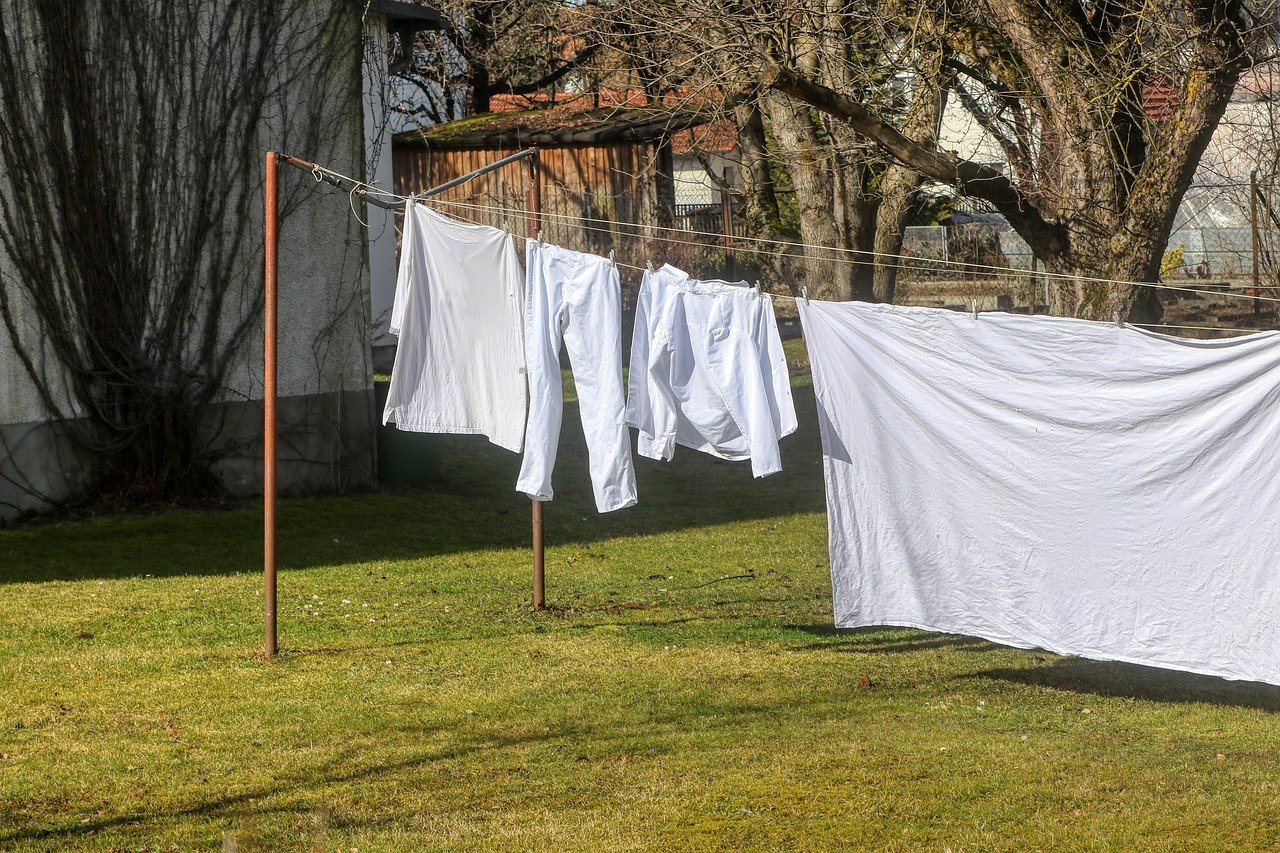Getting into bed after a long day feels great, but your cozy sheets and soft pillow might not be as clean as they look. Our beds are warm, damp, and full of dead skin cells, sweat, and saliva – a perfect place for bacteria, fungi, and dust mites to grow.
We spend about one-third of our lives sleeping, which means our bed linen collects everything from skin flakes to food crumbs. All this makes your sheets a home for millions of bacteria and tiny bugs. One major example is dust mites. These bugs love to feed on the skin cells we shed – around 500 million a day. Dust mites and their waste can trigger allergies, asthma, and skin conditions like eczema.
Research shows that dirty bed sheets can contain harmful bacteria. In one study, scientists found dangerous bacteria like Staphylococcus on unwashed sheets. Some types of this bacteria can cause infections, acne, and even serious illness in people with weak immune systems. Hospitals deal with this by washing linen at high temperatures to kill as many germs as possible.
It’s not just bacteria—fungi also thrive in pillows and sheets, especially if you sweat during sleep. One common fungus found in pillows is Aspergillus fumigatus, which can cause lung issues in people with asthma or weakened immune systems. Even washing your pillow might not kill all the spores. In some cases, it could make the pillow damp and help the fungi grow more.
Studies have been found that unwashed pillowcase can hold millions of bacteria – far more than a toilet seat. Dirty bedding isn’t just gross – it can also release spores and bacteria into the air when disturbed, such as when fluffing pillows.
If you have pets that sleep on your bed, the problem gets worse. Pets bring in more bacteria and dirt, adding to what’s already there. Skipping a shower before bed or going to bed with makeup or lotion can also add to the buildup.
Experts recommend changing your pillow every two years. If you have allergies, asthma, or any lung issues, replace your pillow every 3 to 6 months. Bed sheets should be washed at least once a week in hot water. Ironing your sheets can also help reduce the number of bacteria.
Washing bedding more often becomes even more important if you eat in bed, let pets join you, or if you sweat heavily at night. All these habits create a perfect breeding ground for germs.
A clean bed doesn’t just look and smell good – it helps protect your health, especially if you or someone in your home has a weaker immune system.





















